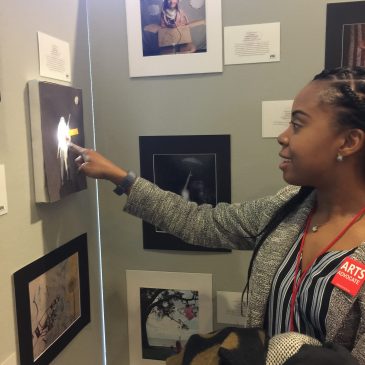Researchers work very hard to gather relevant data in their work. When designing a study, researchers carefully consider their main question, the number of K-12 students or teachers involved in the study, and the types of answers they can draw from the data. Unfortunately, not all data can be collected so a sample of the total population is selected to be representative and researched. This is the beginning of the missing data, but a strong sample can overcome most of the missing data problem. When thinking about this pandemic, missing data is a real problem because researchers had a difficult time finding representative subjects. Schools implemented such a wide variety of responses to the risks of learning with a virus that it almost became a local story rather than a national response and therefore a difficult population to research.
The First Response in Schools to COVID-19
Do you remember what your first response was to this pandemic….it was fear. Then it was trying to figure out risk, then mitigation of risk, and finally now it is exhaustion at the risk. These are the types of feelings that most of us have had, and what makes researching schools difficult at best is the variety of solutions implemented. For example, types of mask wearing represent missing data for the research question about mask effectiveness because their number varies with every school and there is no way to accurately count their use. Another example of missing data is the time that schools went into hybrid-mode, where all learning was taken online, because implementation did not use any agreed upon time, and comparisons across months, terms or years was difficult.
Do Masks Help Our Schools?
Yes, medically. But masks that are not worn, or worn improperly can become missing data in our search for the best mitigation strategies for schools. What else effects mask wearing? Parental decisions about masks are a huge factor and not well measured. Finally, the continuum of types of masks, from bandanas to cloth, to N-95, to shields have also not been rigorously measured in schools. Finally, how well do students learn with and without masks is a most important question for researchers of school learning.
Local Knowledge is More Solid
Each school actually knows more than you think about learning in a pandemic, social distancing, and mask wearing. But what we know is very local meaning that what works for one school does not necessarily work for the other schools. And what does not work gets very little public attention! For example, we know the best masks are N-95 but they are not mandated in any school district that I know of. Most school systems have a mask mandated but it includes all types of masks. Again, to prove the point that one system is not like another, New Jersey’s Governor has proposed today that mandates for masks be lifted for all schools.
Conclusions Take Time
The take away for today is that conclusions produced by research take time, may not be comprehensive enough to make larger policy decisions, may not focus on the correct data, may produce less rigorous results due to missing data, and may not even be available before decisions to forego masks are made. This delay may help to explain why school reform is driven more by the outside community rather than the internal workings of a school. The school may be able to make many incremental changes but real reform of the system takes time measured in years because it is negotiated within the larger school community.




